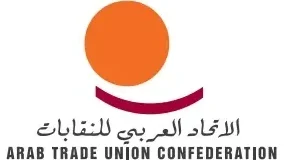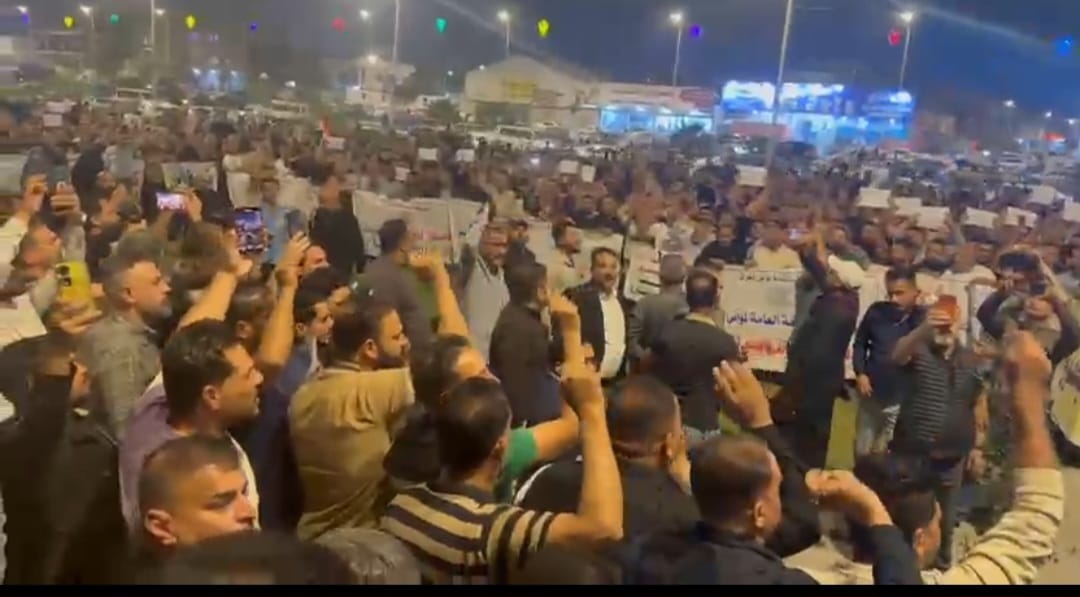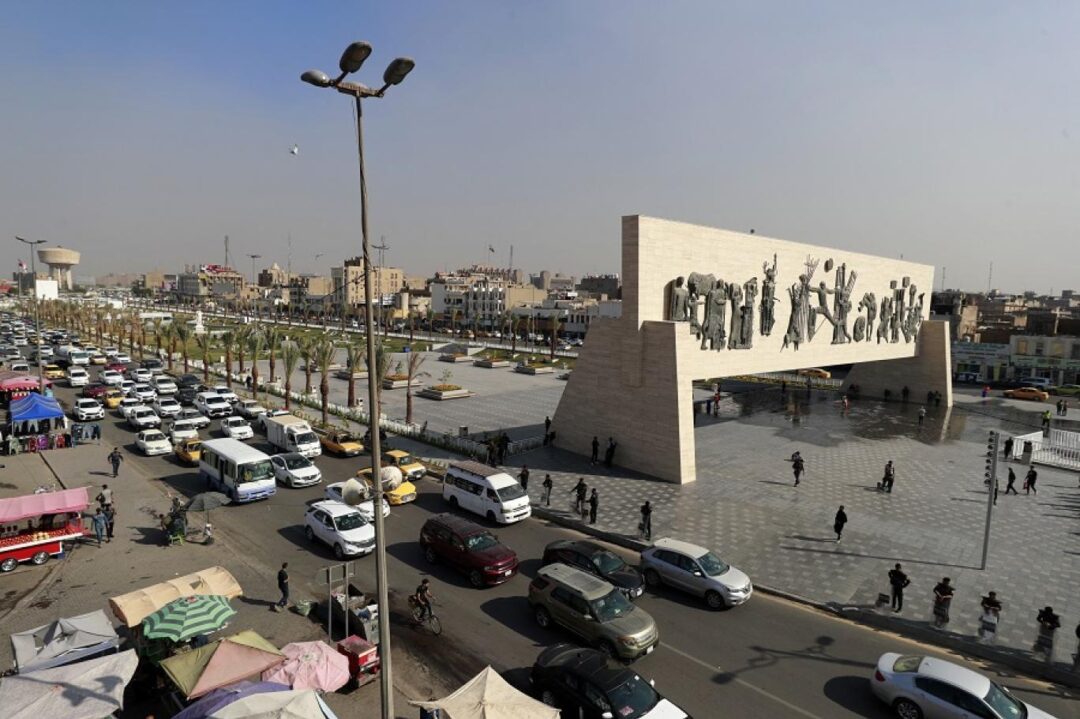From the Maghreb to the Middle East, Arab workers courageously embraced their annual celebrations despite the unfavourable circumstances. The prevailing conditions were marked by inflation, escalating unemployment and poverty rates, and the harsh repression faced by numerous trade unions. This distressing reality poses a grave threat to the rights and hard-won achievements of Arab workers. The situation is further compounded in certain countries where the political landscape fails to provide a resolution, exacerbating the plight of the workers.
Economic Policy Shortcomings: Ineffectual Solutions for Crisis Management
While the global economic crisis impacts nations worldwide, the responses of Arab governments are grappling to adequately address the pressing needs and emergencies of daily life. The relentless surge in inflation coupled with certain countries resorting to loans provided by financial institutions like the International Monetary Fund (IMF) have further imperilled the livelihoods of an increasing number of Arab workers.
In Tunisia, the government is seeking, despite the announcements made by certain officials, to conclude its agreement with the IMF despite the harsh demands made by the Washington-based institution. In its statement published on the occasion of May 1st, the Tunisian General Labour Union (UGTT) severely criticised the abolition of subsidies for basic products (a measure that is part of the reforms demanded by the IMF), recalling that this could affect the working classes while the increase in VAT would penalise small businesses and consumers. The trade union centre called for a review of the government’s economic policies to protect the poorest and preserve the national economy. The UGTT also recalled that the government, with the aim of satisfying the demands of the IMF in particular, has suspended social dialogue, frozen recruitment in the private sector, planned the privatisation of certain public enterprises and forced trade unionists to remain silent (by initiating criminal proceedings against some of them and banning several strikes and demonstrations) under the pretext of protecting production.
The same is true in Egypt, where the Egyptian Democratic Labour Congress (EDLC) has denounced “unilateral economic reforms” that are exacerbating the distress of workers and the poorest classes in the face of an unprecedented crisis. The EDLC explained that, faced with the devaluation of the Egyptian pound, the scarcity of raw materials and unprecedented inflation, Egyptian workers find themselves helpless in the face of increasingly harsh daily life.
In Mauritania, the Union of Mauritanian Workers (UTM) welcomed “the recent wage increases approved by the government and the generalisation of health care to certain categories”, but said that Mauritanian workers aspire to obtain more rights, especially since “the situation of the national economy is continuously improving”. The Free Confederation of Mauritanian Workers (CLTM) has called for an urgent revision of “the salary scale, allowances and retirement pensions so that they can at least meet the daily needs of workers and their families who live in precariousness, poverty, exclusion and deprivation”, provided that any new reform is based on serious and constructive social dialogue.
Escalating Repression Amidst a Crisis: A Looming Threat
In the face of the ongoing crisis, select governments have opted for a distressing approach of force and repression, specifically targeting prominent trade union organizations. Morocco stands as a prime example, where trade union leaders consistently find themselves in the crosshairs of authorities. During the recent celebration and organized marches, the Moroccan Workers’ Union (UMT) seized the opportunity to reiterate the vital importance of heeding trade union demands. These demands, rooted in the undeniable legitimacy derived from being the voice of the country’s productive forces, highlight the severe impact of plummeting purchasing power.
In a recently issued press release, the UMT emphasized the significant turnout witnessed in multiple rallies held across various cities nationwide, aiming to alert the government about the representative nature of the trade union centre. This message sought to remind the authorities that these mobilizations merely mark a crucial stage in the broader spectrum of demands put forth by Moroccan workers.
In Palestine, the Palestinian General Federation of Trade Unions (PGFTU) once again condemned the installation of new barriers by the occupation forces to prevent Palestinian workers from going to their workplaces in complete safety and freedom. The trade union centre recalled all the dangers to which workers are exposed who, for lack of any other means, are forced to resort to intermediaries to find work, thus depriving them of their most basic rights.
The General Federation of Yemeni Trade Unions (GFYTU) called for restoring social dialogue between the different partners in order to include them in the efforts to end the war and the armed conflict. The GFYTU also denounced the exclusion of its representatives from the administrative councils of the public institutions for social security, pensions, social insurance and vocational training, saying that this could be detrimental to workers since no control or follow-up can be ensured. The Yemeni trade union centre took the opportunity to point out that some of its premises are being stormed by individuals posing as trade union leaders when they have no connection with the organisation.
In its 1 May statement, the Iraqi Federation of Trade Unions (GIFU) reiterated that the establishment of democracy and the rule of law in the country cannot be achieved without the inclusion of trade unions in the building process. The GIFU also highlighted the struggle of Iraqi workers, which had made it possible to preserve “trade union democracy” by preventing the authorities from turning the organisations into instruments of “servitude”.
In Tunisia, the UGTT expressed its disappointment with the policies of the current regime, saying that the people hoped that the change that took place on 25 July 2021 would finally address the socio-economic issues as a priority.
It is worth noting that all the member trade unions of the Arab Trade Union Confederation (ATUC) took the opportunity of May 1st to condemn the crimes and atrocities committed by the Israeli occupation forces against the Palestinian people.




